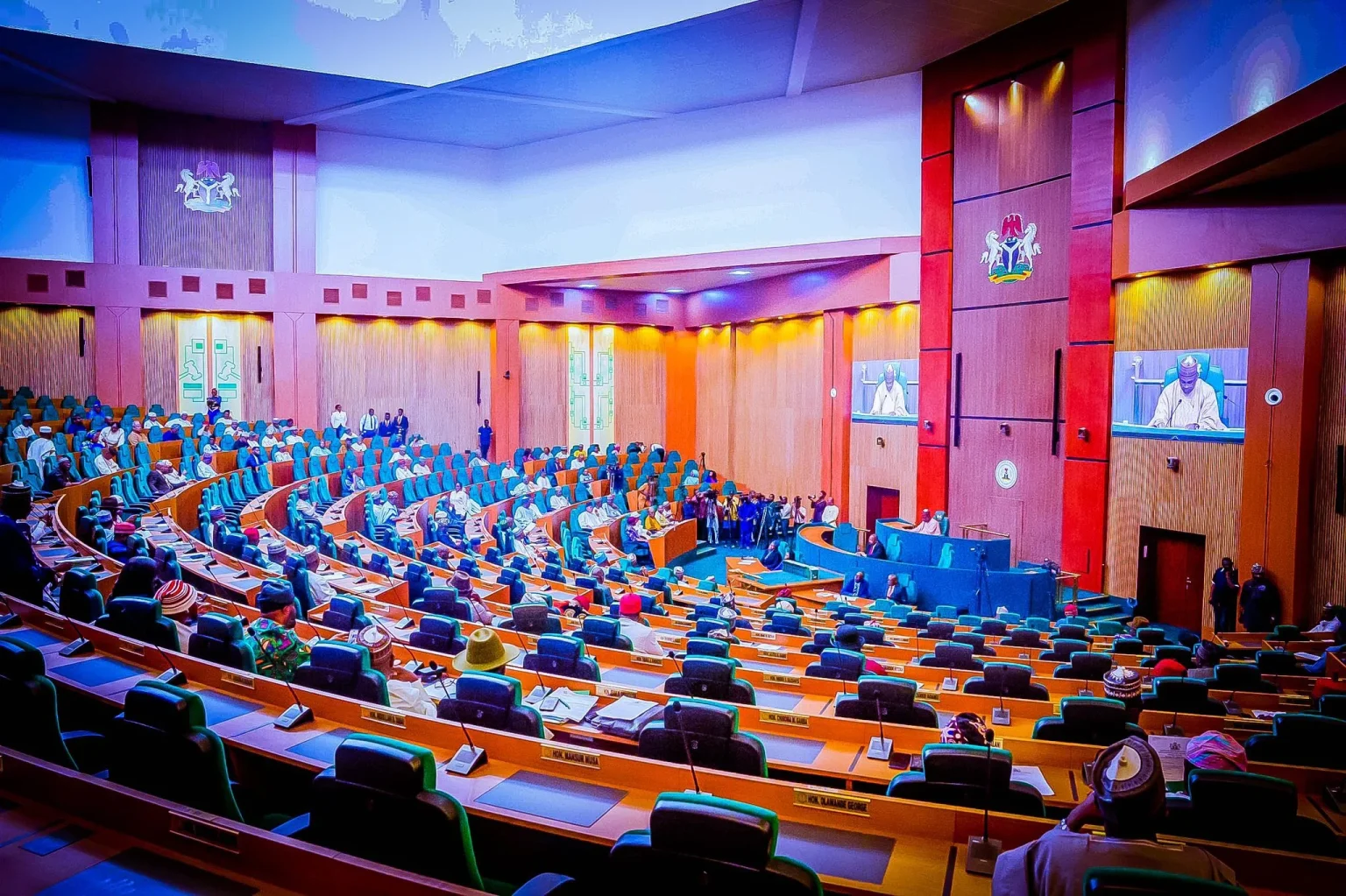By Adeyemi Adekunle
Abuja, Nigeria — The Nigerian House of Representatives has called for an immediate suspension of the Samoa Agreement’s implementation, prompting an investigative review following a heated debate over its contentious provisions. The decision, passed with overwhelming support, highlights growing concerns within the legislative body regarding the agreement’s implications on Nigeria’s legal and cultural framework.
In a motion of urgent public importance, Minority Whip Sani Madaki, alongside 87 other lawmakers, spearheaded the call for suspension, citing alarming reports that the agreement may indirectly endorse lesbian, gay, bisexual, and transgender (LGBT) rights, which conflict with Nigeria’s existing laws and societal norms. The green chamber’s resolution aims to provide clarity and ensure that national interests are safeguarded.
Understanding the Samoa Agreement
The Samoa Agreement, as defined by the European Council, is a comprehensive framework governing the European Union’s (EU) relations with 79 African, Caribbean, and Pacific (ACP) countries. Signed on November 15, 2023, in Samoa, Oceania, this agreement succeeded the Cotonou Agreement of 2000. Its primary focus areas include democracy and human rights, sustainable economic growth and development, climate change, human and social development, peace and security, and migration and mobility.
Despite its broad and ambitious objectives, the Samoa Agreement has sparked controversy, especially in countries like Nigeria, where legal and cultural positions on LGBT issues are markedly different from those in many European nations.
Initial reports suggested that the agreement might pressure developing nations into supporting LGBT rights, fueling a significant backlash among Nigerian lawmakers and the public.
Controversy and Clarifications
The federal government has maintained that these concerns are unfounded. Minister of Information and National Orientation, Mohammed Idris, clarified that the government thoroughly vetted the agreement to ensure it aligns with Nigeria’s 1999 Constitution (as amended) and other relevant laws. Idris emphasized that the agreement focuses solely on economic development and does not include any provisions for same-sex marriage or LGBT rights advocacy.
“The federal government ensured that the Samoa Agreement does not contravene any of our extant laws,” Idris stated. “This agreement is geared towards fostering economic growth and development, and there are no clauses that compel Nigeria to support LGBT agitations.”
Despite these assurances, skepticism remains high within the House of Representatives.
The legislative body’s decision to halt the agreement’s implementation underscores the need for further scrutiny to dispel any lingering doubts and to ensure that national sovereignty and legal integrity are preserved.
Legislative Action and Next Steps
The House of Representatives’ resolution mandates a comprehensive investigation into the Samoa Agreement, particularly focusing on the clauses that have raised concerns.
This investigation aims to provide a detailed report on the agreement’s content and its potential impact on Nigeria’s legal and social fabric.
“The suspension is a necessary step to protect our national interests and to ensure that no agreement undermines our constitutional provisions,” said Sani Madaki.
“We must thoroughly investigate and understand every aspect of the Samoa Agreement before proceeding further.”
As the investigation unfolds, the federal government is expected to collaborate closely with the House of Representatives to address any ambiguities and to reaffirm its commitment to upholding Nigeria’s legal and cultural values. This collaborative effort aims to restore public confidence and to ensure that international agreements are in line with national priorities.
Public Reaction and Broader Implications
The House of Representatives’ decision has garnered mixed reactions from the public and various stakeholders. While some applaud the legislative body’s vigilance in safeguarding national interests, others express concern that the suspension could hinder Nigeria’s international relations and economic prospects.
“The Samoa Agreement presents a significant opportunity for economic growth and development,” said an anonymous government official. “It is crucial that we approach this investigation with an open mind and a focus on facts, rather than succumbing to misinformation and fear.”
As Nigeria navigates this complex issue, the outcome of the House of Representatives’ investigation will be pivotal in determining the country’s stance on the Samoa Agreement and its broader implications for Nigeria’s engagement with international partners.
The resolution’s adoption marks a critical juncture in ensuring that international cooperation does not come at the expense of national values and legal principles.




